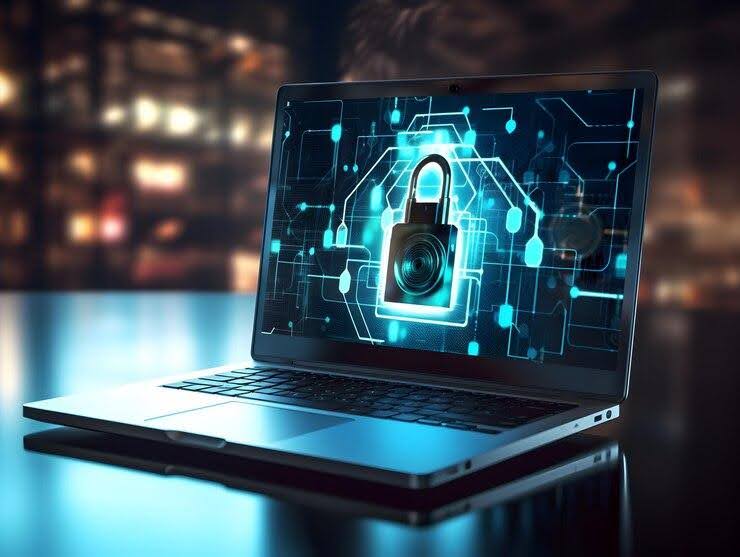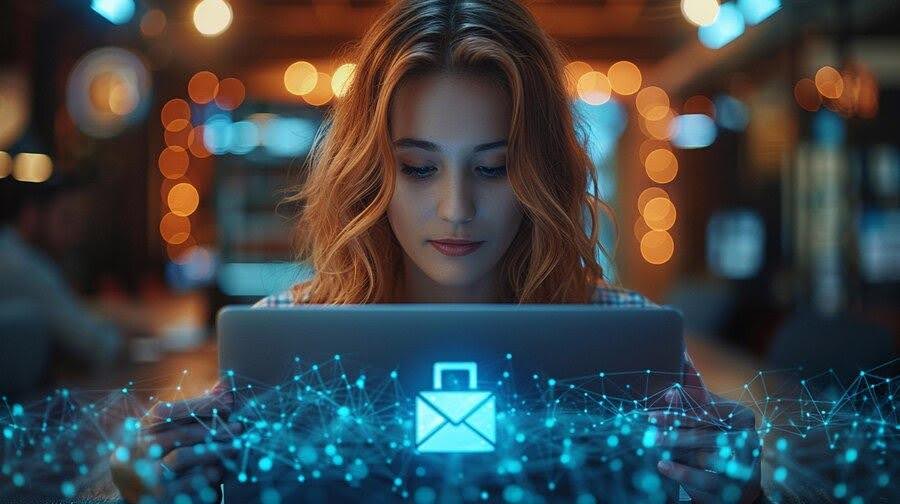Essential Cybersecurity Tips: Protecting Your Online Identity from Threats

Every time you use social media, send a text or post online, you shape your online identity. This digital persona might differ from how your friends, family, and teachers see you in real life. Exploring different personas online can be enjoyable. However, the threat of online identity theft or close surveillance should not be dismissed. It’s time for Essential Cybersecurity Tips for Online Identity Protection.
Essential Cybersecurity Tips for Online Identity Protection
Here are some of the best essential cybersecurity tips for online identity protection. These tips are your go-to options to protect yourself and your family just keep them in mind.
1 Use Private Browser Mode
If you want to keep your browsing history, temporary files, or cookies private, use your browser’s private mode. In Chrome, it’s called Incognito Mode; Firefox offers Private Browsing, and Internet Explorer has InPrivate Browsing. These modes hide your browsing history from others using your computer.
However, private modes aren’t foolproof. Your Internet Service Provider (ISP), employer (if using a company computer), and the websites you visit can still track your activity. While incognito browsing has its benefits, it’s not the only tool for online privacy.
2 Set Up Your Profile
Set your profiles to private. Your social media information and photos can easily be copied or screen-grabbed, potentially exposing details you’d prefer to keep private. Don’t depend on the site’s default settings—manual changes are often necessary. Always review each site’s privacy guidelines to ensure your material stays secure.
3 Don’t Let Your Location Be Tracked
Many social networks use your location and display it when publishing photos and videos. They determine geolocation by IP address, metadata, or manually. Want to get a new IP address and fake your location? Use IP location changer from VeePN and quickly move to different countries of the world. Of course, virtually and in a social network. This is one of the elements of the puzzle called personal information safety.
4 Choose Safer Search Engines
If you’re like most web users, you probably rely on Google to search. But there are alternatives that prioritize your privacy. Anonymous search engines don’t collect or share your search history or clicks. They can also block ad trackers on the websites you visit. Switching to an anonymous search engine helps protect your online privacy and keeps your browsing habits private. Consider giving them a try!
5 Activate a VPN
A virtual private network (VPN) gives you online privacy and anonymity by creating a secure connection from a public internet connection. You can even use a VPN browser extension to prevent all data from your device from going through the VPN. It masks your IP address, making your online actions virtually untraceable. Consider these VPN usage tips to make the most out of this security tool, especially on public Wi-Fi.
This is especially important when using public Wi-Fi at places like libraries and coffee shops, where cybercriminals can easily access your personal information. By using a VPN, you make it much harder for hackers to breach your online privacy, ensuring your data stays safe and secure.
This is especially important when using public Wi-Fi at places like libraries and coffee shops, where cybercriminals can easily access your personal information. By using a VPN, you make it much harder for hackers to breach your online privacy, ensuring your data stays safe and secure.
6 Use Multi-Factor Authentication

Multi-factor authentication (MFA) or 2-factor authentication (2FA) adds an essential layer of security by requiring users to verify their identity through two or more methods. This could be a text message, email, or a code from an authentication app.
Even if a hacker has your password and username, they’ll still need this final verification step to access your account. This makes it significantly harder for unauthorized users to breach your data. Implementing MFA is a simple yet highly effective way to enhance your account security.
7 Ignore Suspicious Requests
Don’t engage with inappropriate messages. Teens often receive unsettling or inappropriate solicitations online. If you feel harassed by anyone—whether a stranger or a friend—tell a trusted adult immediately. Responding can escalate the situation and lead to regrets. Always prioritize your safety and seek help when needed.
8 Keep Your Devices and Software Updated
Updates often address security weaknesses. Ignoring them can make it easier for hackers to exploit vulnerabilities. Also, keep your security software updated.
Backing up your important information is essential. This includes photos, key documents, and personal data. You can use a hard drive or the cloud—though I prefer the cloud after losing family photos when I dropped a hard drive.
9 Use Strong Passwords
Most websites now require a password with a minimum length, including one lowercase letter, one uppercase letter, one number, and one symbol. Avoid using simple information like your name or birthday. Also, don’t reuse passwords across different sites. Even a strong password can put you at risk if used everywhere. For extra security, enable two-factor authentication wherever possible to maintain control of your accounts, even if your password is compromised.
Conclusion
Your online identity and reputation develop much like your real-life one. However, when you’re online, you don’t always have the opportunity to clarify your tone or intentions. By thinking before you post and acting responsibly, you can avoid creating a digital footprint you’ll regret.
Read Our Other Posts
How To Download Netflix app for MacBook Air
Does YouTube TV Have Bally Sports Plus?






